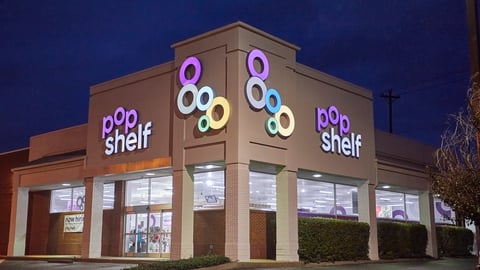Cartier parent enhances recommendations with ML
Richemont is applying machine learning (ML) to ensure customers receive the right product recommendations, when and how they want them.
The global luxury conglomerate, whose brands include Cartier, Van Cleef & Arpels, and Montblanc, sells to customers across physical and digital channels. Seeking to understand which shoppers are likely to buy or repurchase what specific products, as well as when to engage individual customers directly, Richemont has implemented an integrated Client Platform leveraging Google Cloud and its AI/ML capabilities.
Utilizing Google Cloud functionality, Richemont deploys and monitors ML algorithms at scale for several of its brands across the globe, addressing the specific business needs for each brand. For example, it the company focuses on recommending in-season items for fashion brands and cross-selling across products for watch brands.
In addition, by collecting engagement data such as emails opened, texts read and website visits, Richemont is able to better predict the conversion of prospects for whom no transaction history is available. For website interactions, Richemont leverages the Google x Salesforce Connector.
To deploy and monitor Google Cloud ML algorithms, Richemont leverages Google Cloud solutions Vertex AI, BigQuery, Cloud Functions and Google Storage, all orchestrated with Google Cloud Composer. Richemont also used the deep learning library TensorFlow Recommenders to perform the product recommendation tasks and build deep learning algorithms to support its predictions.
As part of its ML-based product recommendations strategy, the company uses in-store applications to invite customers with a strong propensity to buy for boutique visits, while others at a different point in the purchasing journey are offered different options. The ML solution is now deployed across 11 brands in over 25 countries.
Retailers place value on AI and ML
A recent survey from multi-cloud technology solutions company Rackspace Technology reveals just how important retailers view artificial intelligence (AI) and machine learning (ML). About two-thirds (65%) of retail respondents said AI and ML are technologies that are among the most mission-critical to their business strategy. Almost six in 10 (58%) respondents in the retail space said AI/ML technologies are a high priority for their industry.
In addition, more than seven in 10 respondents said AI/ML has had a positive impact on revenue generation (72%) and on expense reduction (72%), while 69% reported AI/ML has had a positive impact on brand awareness, and 67% said these technologies have had a positive impact on brand reputation.
“Key to the process, here and elsewhere, is the way a retailer and its partners put customer understanding at the center of the process,” said Phillippe Meyer, group client marketing director, Richemont International SA, and Manuel Altermatt, enterprise field sales manager, Google Cloud, in a Google corporate blog post. “As AI becomes more important not only in retail, but in every industry, this human understanding will become even more important as a fundamental organizing principle. Much is changing, but once again, the winners will be the companies that focus best on their customers.”







